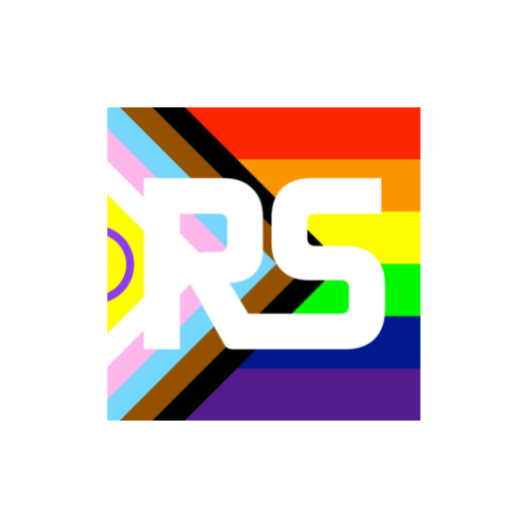
Inspiring Progression and Inclusion on IDAHOBLIT
Interviews
To commemorate IDAHOBLIT (the International Day Against Homophobia, Biphobia, Lesbophobia and Transphobia), myGwork spoke to Sarah Parsley, John Damm, Katie Cartwright and Jess Chu from RS Group about the best ways to tackle LGBTQ+ discrimination and inspire progression. Offering unique advice for allies and discussing the value of inclusivity in the workplace, Sarah, John, Katie and Jess highlight why IDAHOBLIT in particular is an important occasion to celebrate.
Thanks for chatting with us - can you share a bit about yourselves?
I am Sarah Parsley and I've been with RS for almost 17 years. I am currently the Meeting and Event planner for the organization, and I also serve in an Executive Assistant function to Frank Cantwell (VP of Product and Supply Management) and Jesse Dearien (VP of Marketing and Digital)
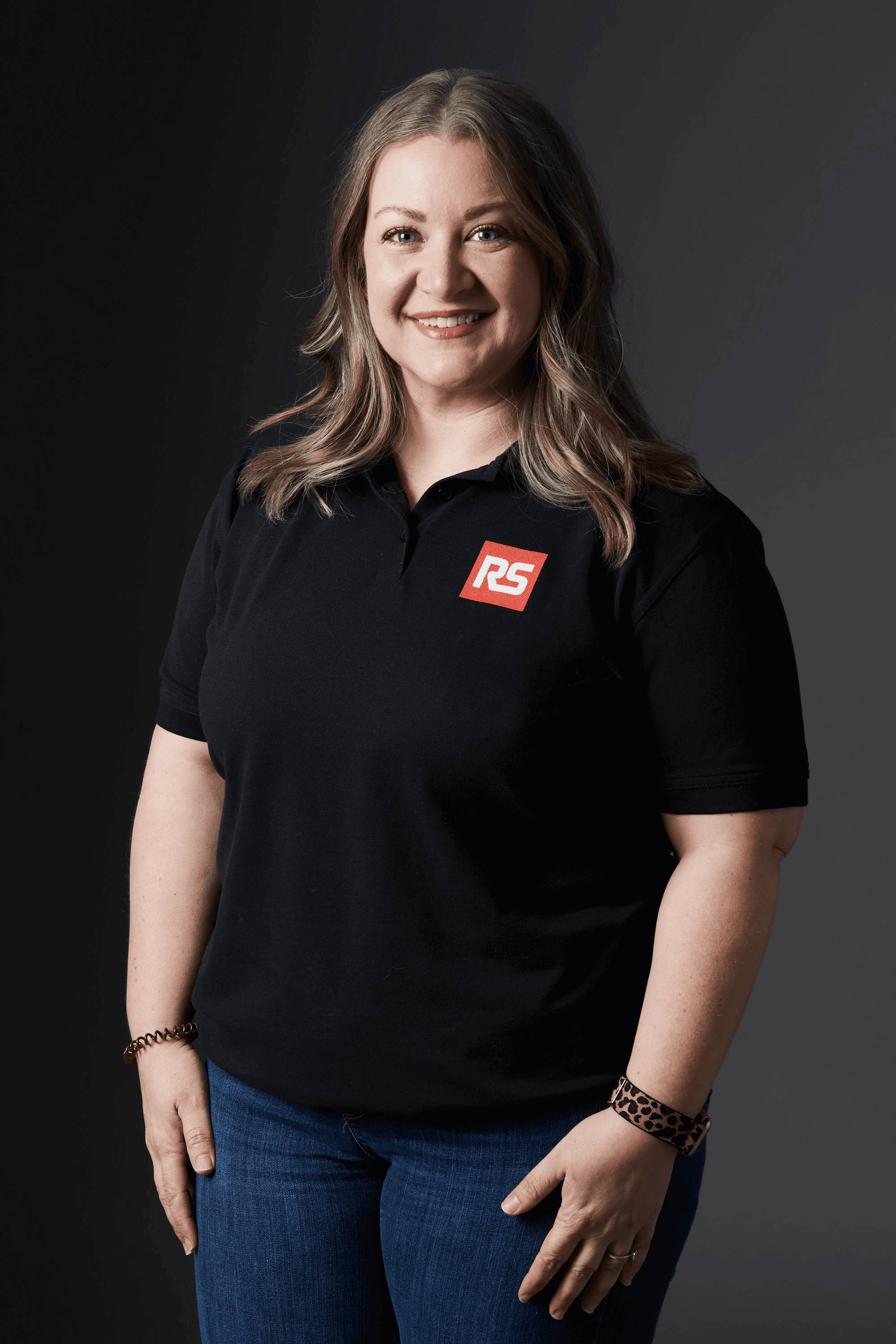
Hi, my name is John Damm, I am the Head of Corporate Sales in Germany. I’ve been with RS for almost 8 years in different sales roles. I am 36 Years old, married and father of a 6 months old girl.
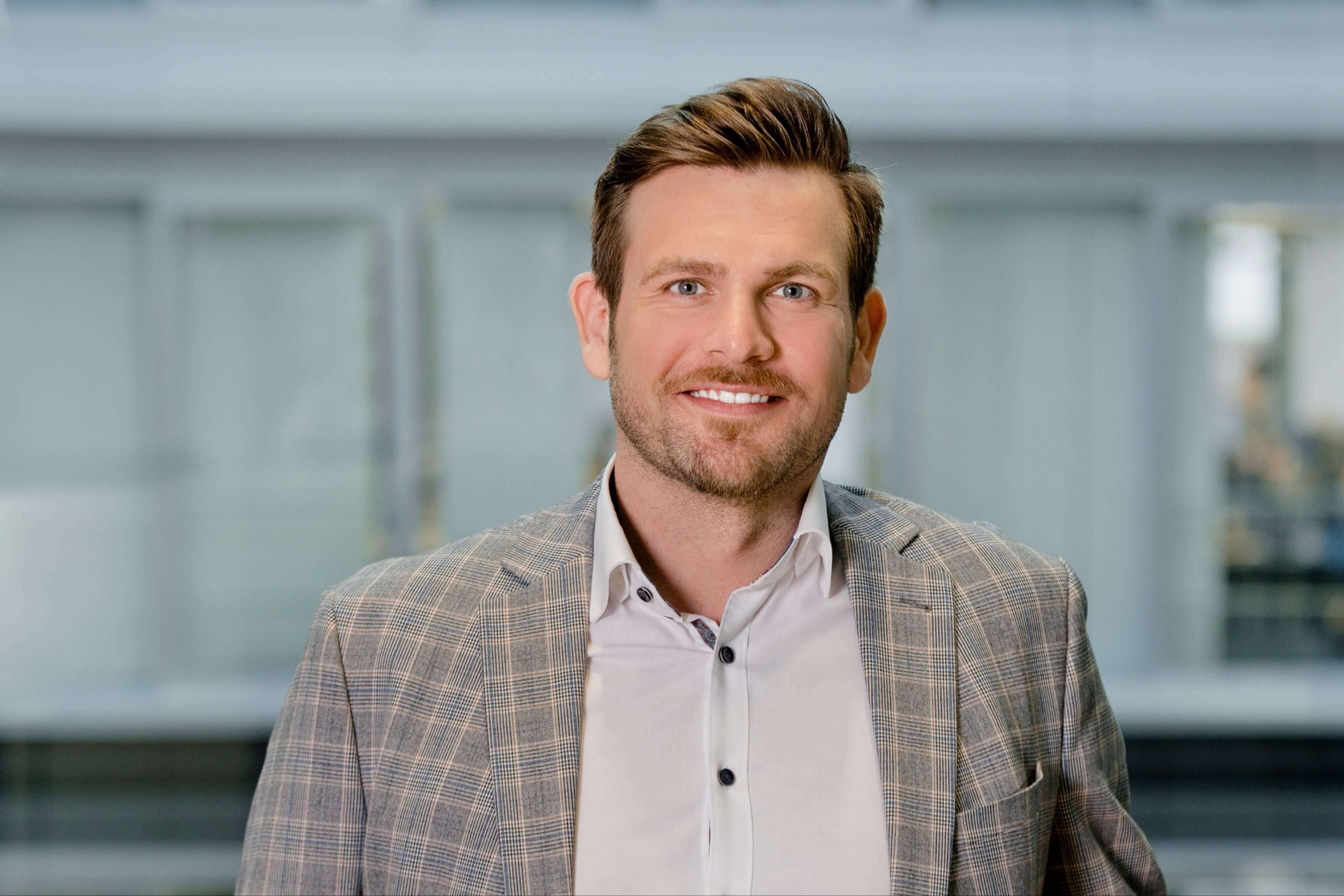
I’m Katie Cartwright, VP of People and Culture in the Americas. And I’m incredibly passionate about diversity and inclusion as a topic. It's something that I think is the unlock to culture – to how we strive to be a high-performing organization. But also how we create an organization where people want to stay in our business.
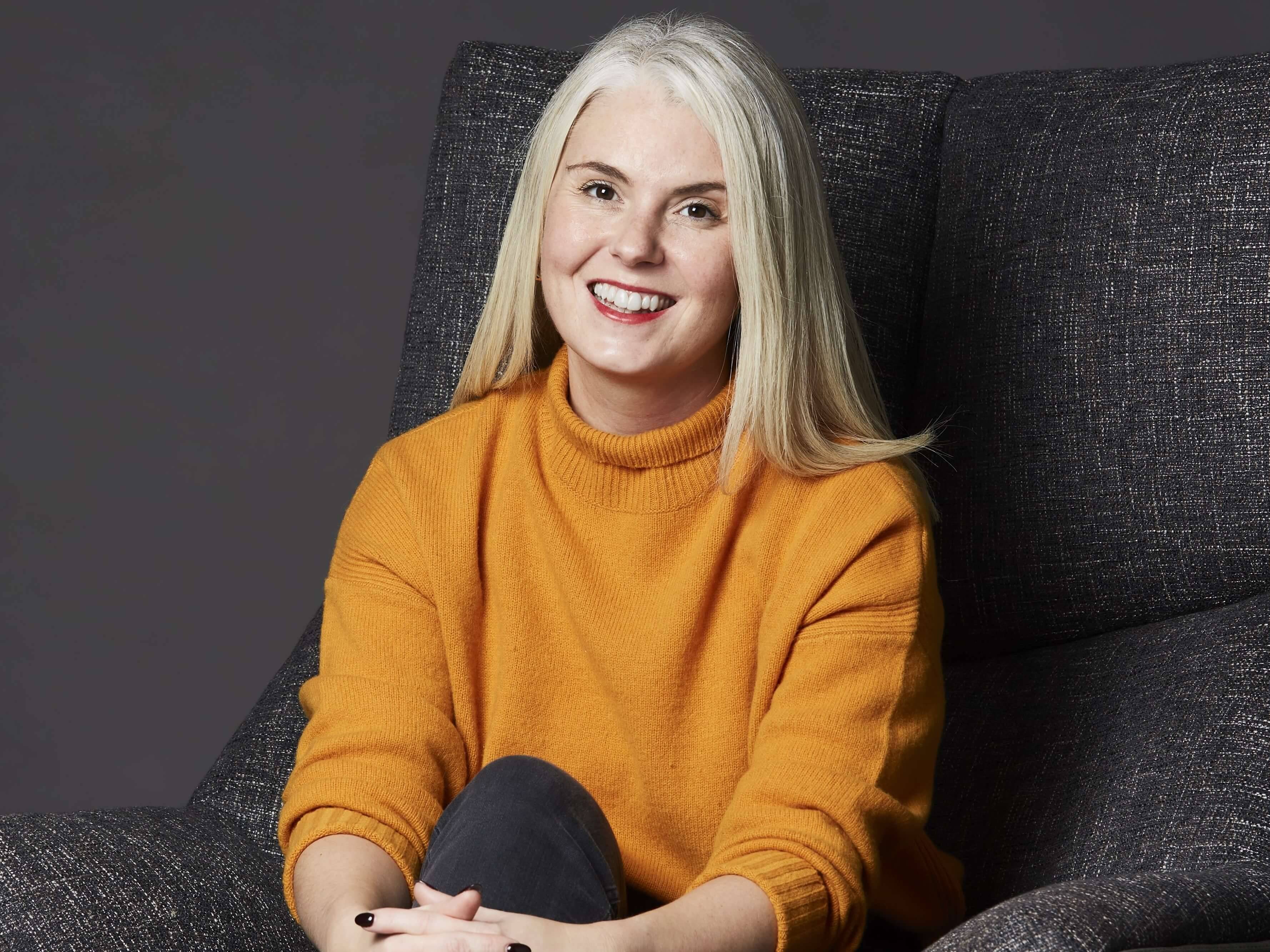
Jess Chu, Group Head of D&I at RS Group
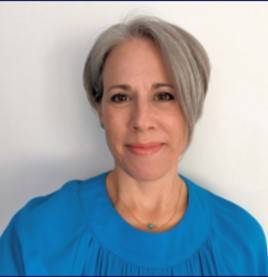
What does IDAHOBLIT mean to you?
Sarah: At first, it was just a bunch of question marks for me. In some ways, it highlighted my insecurity in my allyship because I originally had no idea of what IDAHOBIT was – I mean, I had never even heard of it before. But after looking into it and learning more about it, it's important to acknowledge that this discrimination happens. I view myself as an ally for the LGBTQ+ community because I don't think that any human should be discriminated against. People should just be free to be themselves. And not have to worry about other people discriminating against them or being violent towards them, or anything like that.
Katie: It's a day of awareness. It's a day to draw our attention to the violence and discrimination that people in the LGBTQ plus community experience on a day-to-day basis. And for me, the significance is that we drew attention to the injustices that this community are experiencing. Because we'll only ever move forwards as a society if we keep the reality of people’s experiences front of mind by shining a light on the biases, the discrimination, and the ill-treatment that others face.
Jess: To me it is a stark reminder of the fact that so many people around the world are persecuted for just being their self. For loving someone of the same sex, of being brave enough to say – this body I was born into doesn’t feel like me, for dressing how they feel comfortable to express themselves or even just using a different pronoun. It brings home that we need to stand up and be counted as allies for the LGBTQ+ community.
Why is IDAHOBLIT important to you?
John: We are doing much better about having the LGBTQ+ discussion in our society, but there are still many people out there that don’t understand that LGBTQ+ is already part of our society – they still try to separate it as “not normal”. By celebrating this day, we make acceptance of the LGBTQ+ community as a natural part our world. And the more people celebrating this day, the more people will understand.
Jess: I have friends and I’m a mother of young children, who haven’t even thoughts about their identity in this way yet. I want them to know that it is ok. That home is a safe space for them and that, as their mother and as an ally to the community, that I have done all I can to build a space that is safe.
Why, in your opinion, is it important for organizations to visibly celebrate IDAHOBLIT?
Sarah: Because, by promoting awareness, it opens the door for increased inclusivity, And it demonstrates their commitment to really promoting a culture of inclusivity, diversity, and equity – a true “open arms” approach to their people. And I think that's important for an organization, specifically, because if you don't have the opened armed approach – if you don't have that visibly – then by default, they’ve closed the doors for someone looking at them who is trying to decide where this company stands. They can't know what they don't know – and if you're not showing it, then who is?
John: Even today, people are afraid to join a company if they don't know how that organization feels about this topic, especially in the industrial environment. Celebrating this day visibly is a good sign to say that everyone is welcome, no matter what sexual identity you belong to, and that the organization follows its ethical principles and recognizes people as what they are: Humans.
Katie: Well, we spend way more time at work than we do with the people that we love in our personal lives. So the environment within which people come to work is really important – it really is integral to the culture of an organization. It should be a space that’s accepting and where our colleagues can bring their real and true selves. At the most fundamental level, people need to feel accepted and their differences embraced. And from a commercial perspective, we know that we need to create a diverse environment because it creates the best ideas – that’s where the most creativity happens, the most innovation. And ultimately, the best performance comes when we have differences around the table. And equally, I believe that organizations often have the power to break down barriers that exist in their surrounding society. The more that organizations see this as a strategic priority, hopefully the more endemic this positivity will become in the world and the communities in which we live.
Jess: For all marginalized groups it is vital that organizations stand up and call it out. At RS Group – we don’t have it perfect, but we are working on it. And especially for IDAHOBLIT, we need to stand in solidarity with the community to increase our understanding of the daily struggle that many people face for just being true to who they are.
What would you like to see next in the journey for LGBTQ+ equality?
Sarah: It’s pretty simple really - more acceptance of people in the LGBTQ plus community
John: That we don't have to talk about it anymore and we don’t have to think about it. But that it becomes an absolutely natural part of our society. My daughter should grow up in a society in which there is no more debate about LGBTQ+ equality and no more insecurities and, above all, no discrimination. It's a long way to get there. I think an important next step would be for the debate and acceptance to spread further across our planet and for there to be no more political and social barriers.
Katie: I would really love to see it distilled into that most human level – to accept and support others to be who they want to be is so incredibly important. And I think it's continuing to have the conversation about the importance of that to really bring it to life. Let's not shy away from the conversations about the difficulties and challenges that the LGBTQ+ community faces – it needs to stay relevant, it needs to stay present in people's minds, it needs to stay impactful to make people sit up and listen and want to help.
Jess: Better government policies that protect the rights of the community. Better representation across the corporate world and government. And at RS Group, I would like to see us keep embedding what we are currently doing and making sure we create opportunities to ensure all people are represented within our leadership teams.
Tell us your top 5 tips for tackling LGBTQIA+ phobia in the workplace.
Sarah:
• Create, foster, and nurture a safe and inclusive environment where people are encouraged and empowered to bring their true self to work.
• Implement inclusive policies, specifically for members of the LGBTQ+ community. It should be zero tolerance for discrimination and/or harassment.
• Provide education from multiple points of view on this.
• Foster a culture of respect. Just encouraging employees to respect each other's differences. And of course, holding people accountable for their words and actions.
• Encouraging everyone to be an ally - even those, like me, who may feel a little insecure in my allyship because maybe I'm doing it wrong? But still, allyship to the best of their ability.
John:
• Train your people, many of them may have never had contact with somebody of the LGBTQ+ community
• Lead by example. Don´t expect your people to accept others, if you don´t.
• Talk very openly about it.
• Question their fears. Why do they have these fears? Why do they think there is a difference from a human point of view?
• Build an environment that stands for inclusion and diversity.
Katie:
• Break the silence – the only way that we will overcome the stigma around sexuality is if we face into those difficult conversations and normalize the topic.
• Allow people to follow their passion. This is something that I think RS is really good at – giving people an opportunity to lean into the passion that they feel for making a difference. Our ERGs have been fundamental to that.
• Embracing intersectionality. It’s about appreciating how relevant the different areas of discrimination are. And realizing that they are so interlaced, and not seeing sexuality as a separate issue because it's so layered and complex and we need to accept that there are a number of different elements of perception bias that are, you know, a reality to so many people. And it's about confronting the bias so when things are not right that it gets called out. And also that the leadership team really do walk the talk – that they show genuine action wherever possible.
• Every day is a school day. And we need to continue to lean into the lessons and the experiences of others. And it's not a case of “we read a book and we know it all”, because we don't. But it’s asking ourselves, “how do we, as allies, ensure that we continue to keep our ears open and stay curious about how we can support and better understand the experiences that others are going through?”
• Be visible – and that is not just about, you know, our commitment to support Pride Month. It’s also really about celebrating the fabulousness of our LGBTQ+ colleague base and lean into promoting them as a real asset to our business.

